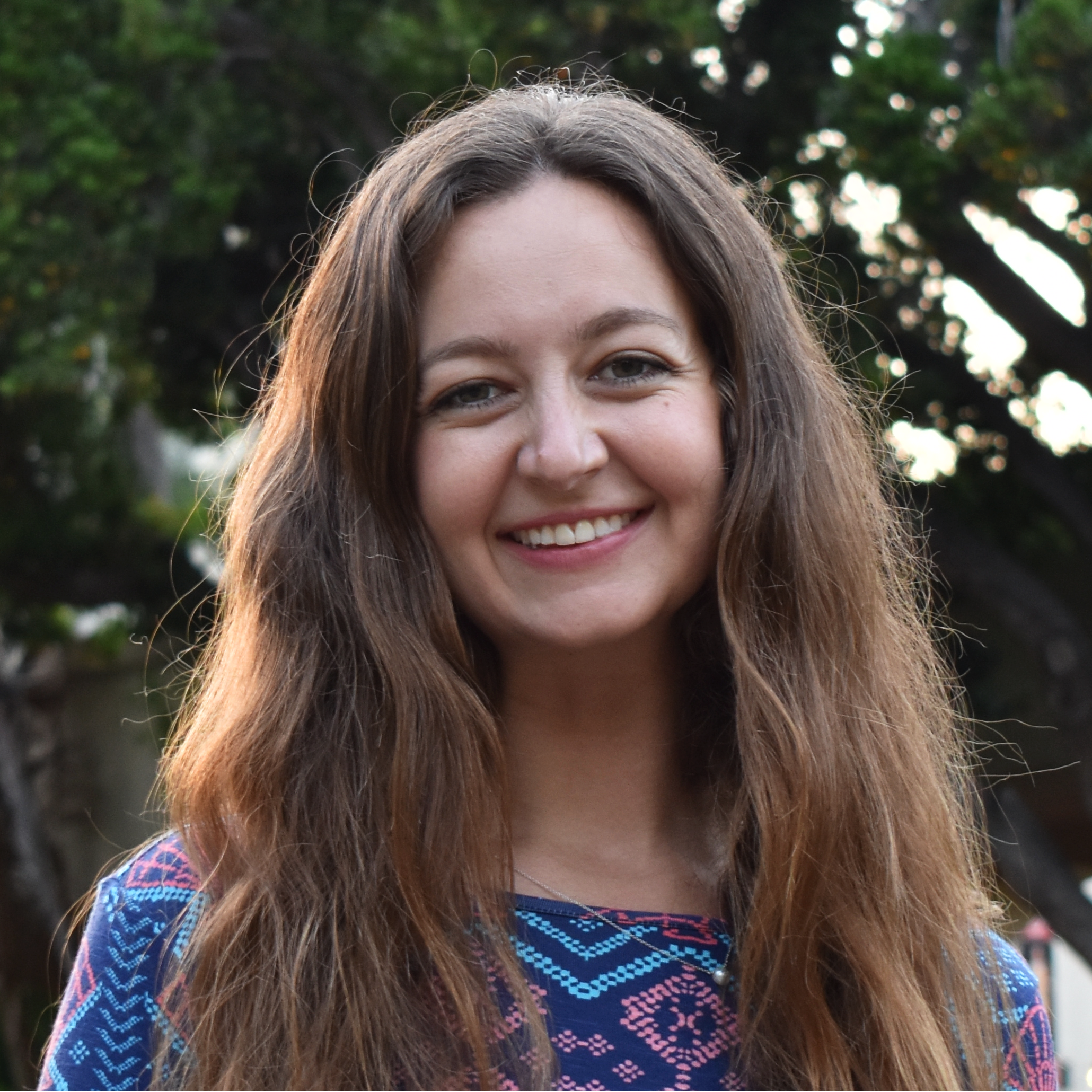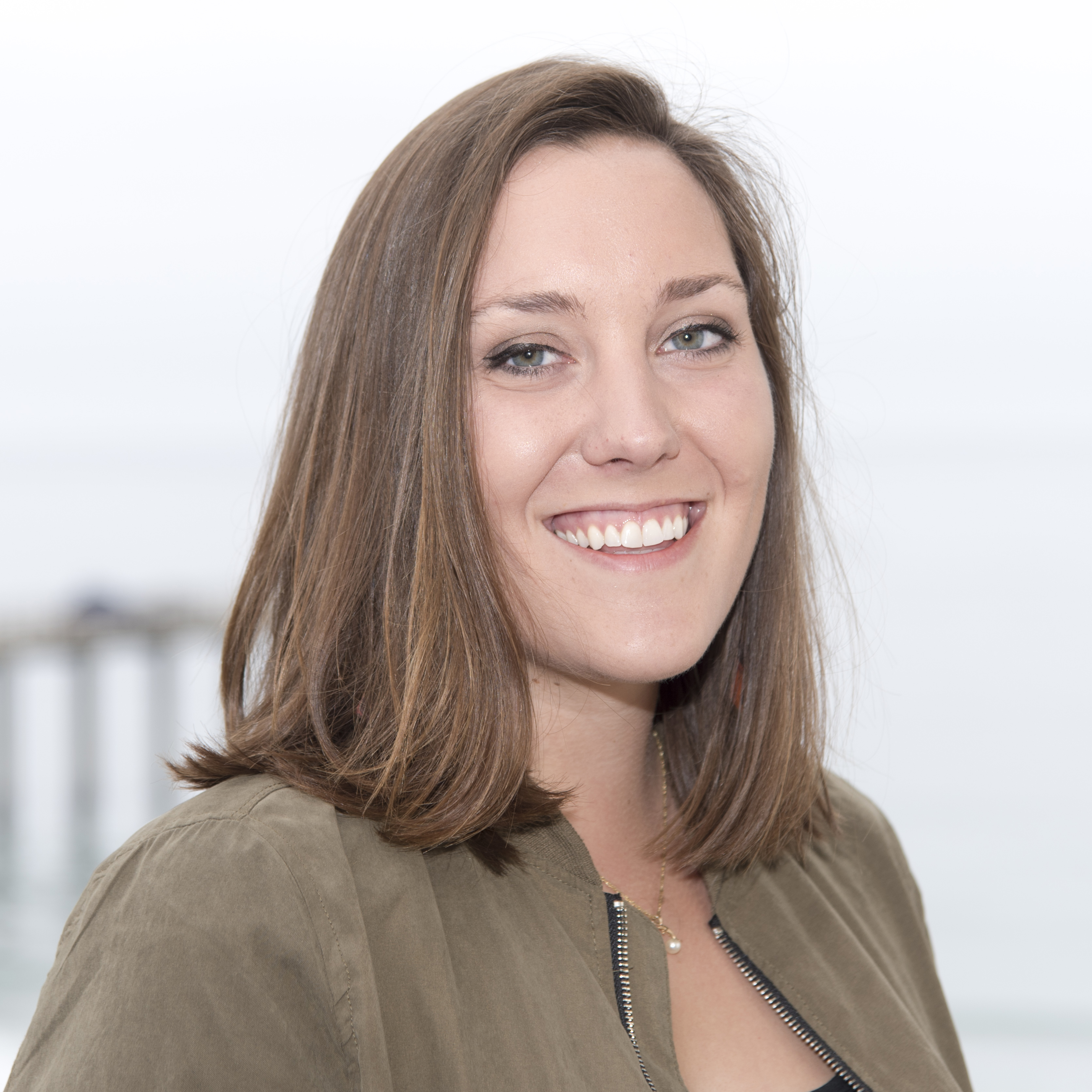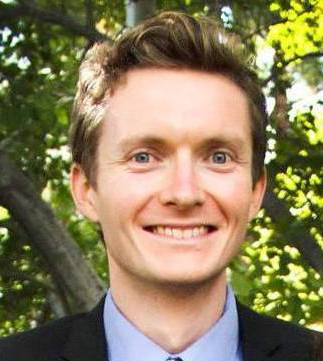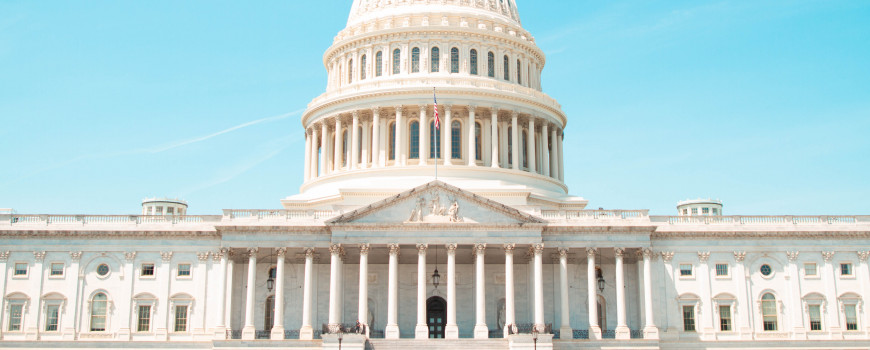NOAA Sea Grant has announced the finalists for the 2021 class of the John A. Knauss Marine Policy Fellowship program. Since 1979, the National Sea Grant College Program has provided one-year fellowships working in federal government offices in Washington, D.C. to over 1,300 early-career professionals. The 74 finalists in the 2021 class were nominated by Sea Grant programs across the country. The finalists include three from California Sea Grant.
Knauss finalists are chosen through a competitive process that includes several rounds of review at both the state Sea Grant program and national levels. Students that are enrolled in or have recently completed Masters, Juris Doctor (JD), and Doctor of Philosophy (PhD) programs with a focus and/or interest in marine and coastal science, policy or management apply to one of the 34 Sea Grant programs. If applicants are successful at the state program level, their applications are then reviewed by a national panel of experts.
This fall, the 2021 finalists will participate in a virtual placement week to get to know each other and interview with potential host offices. Following placement, they will begin their fellowships in February 2021.
Meet the 2021 California Sea Grant Knauss finalists

Maya Becker is a PhD student at the Scripps Institution of Oceanography at the University of California, San Diego. Her dissertation research is centered on ice–ocean interactions on Antarctica's largest ice shelves. Understanding these processes is critical for projecting Antarctic mass loss, which is expected to be one of the largest contributors to 21st-century sea-level rise—a topic that is especially relevant to coastal cities like Miami, where Maya grew up. She hopes to apply her scientific expertise and interest in politics to a career in sea-level rise and climate policy.

Rachael DeWitt recently earned an interdisciplinary Master of Advanced Studies in Marine Biodiversity and Conservation from Scripps Institution of Oceanography at the University of California, San Diego. For her capstone project, she created a communication strategy through an ArcGIS story map highlighting the value of traditional stewardship and science in developing management decisions for coral reefs in Palau. Growing up on Skaneateles Lake in Upstate NY, Rachael developed a passion for aquatic conservation and became the Executive Director of the Skaneateles Lake Association. DeWitt plans to focus her career on the challenges facing coral reef ecosystems through community-based conservation efforts.

Sean Mullin recently defended his Ph.D. in Geobiology from the California Institute of Technology. His thesis was focused on the microbial ecology of deep-sea methane seeps and the ways that microbial activity helps shape seep animal communities. He hopes to help strengthen lines of communication between scientists and policymakers and help foster public appreciation of the oceans and their diversity.

